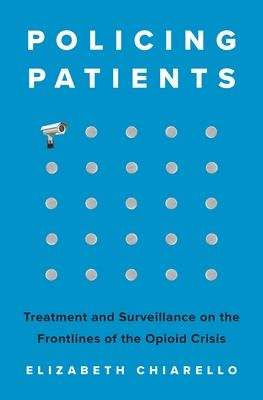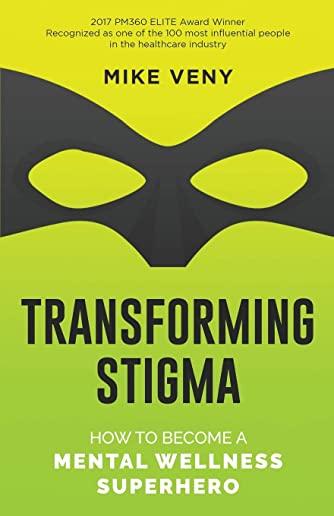
Chiarello, Elizabeth
product information
description
he culture of surveillance that pits healthcare providers against their patients Doctors and pharmacists make critical decisions every day about whether to dispense opioids that alleviate pain but fuel addiction. Faced with a drug crisis that has already claimed more than a million lives, legislatures, courts, and policymakers have enlisted the help of technology in the hopes of curtailing prescriptions and preventing deaths. This book reveals how this "Trojan horse" technology embeds the logics of surveillance in the practice of medicine, forcing care providers to police their patients while undermining public trust and doing untold damage to those at risk. Elizabeth Chiarello draws on hundreds of in-depth interviews with physicians, pharmacists, and enforcement agents across the United States to take readers to the frontlines of the opioid crisis, where medical providers must make difficult choices between treating and punishing the people in their care. States now employ prescription drug monitoring programs capable of tracking all controlled substances within a state and across state lines. Chiarello describes how the reliance on these databases blurs the line between medicine and criminal justice and pits pain sufferers against people with substance-use disorders in a zero-sum game. Shedding critical light on this brave new world of healthcare, Policing Patients urges medical providers to reaffirm their roles as healers and proposes invaluable policy solutions centered on treatment, prevention, and harm reduction.
member goods
No member items were found under this heading.
notems store
Return Policy
All sales are final
Shipping
No special shipping considerations available.
Shipping fees determined at checkout.







